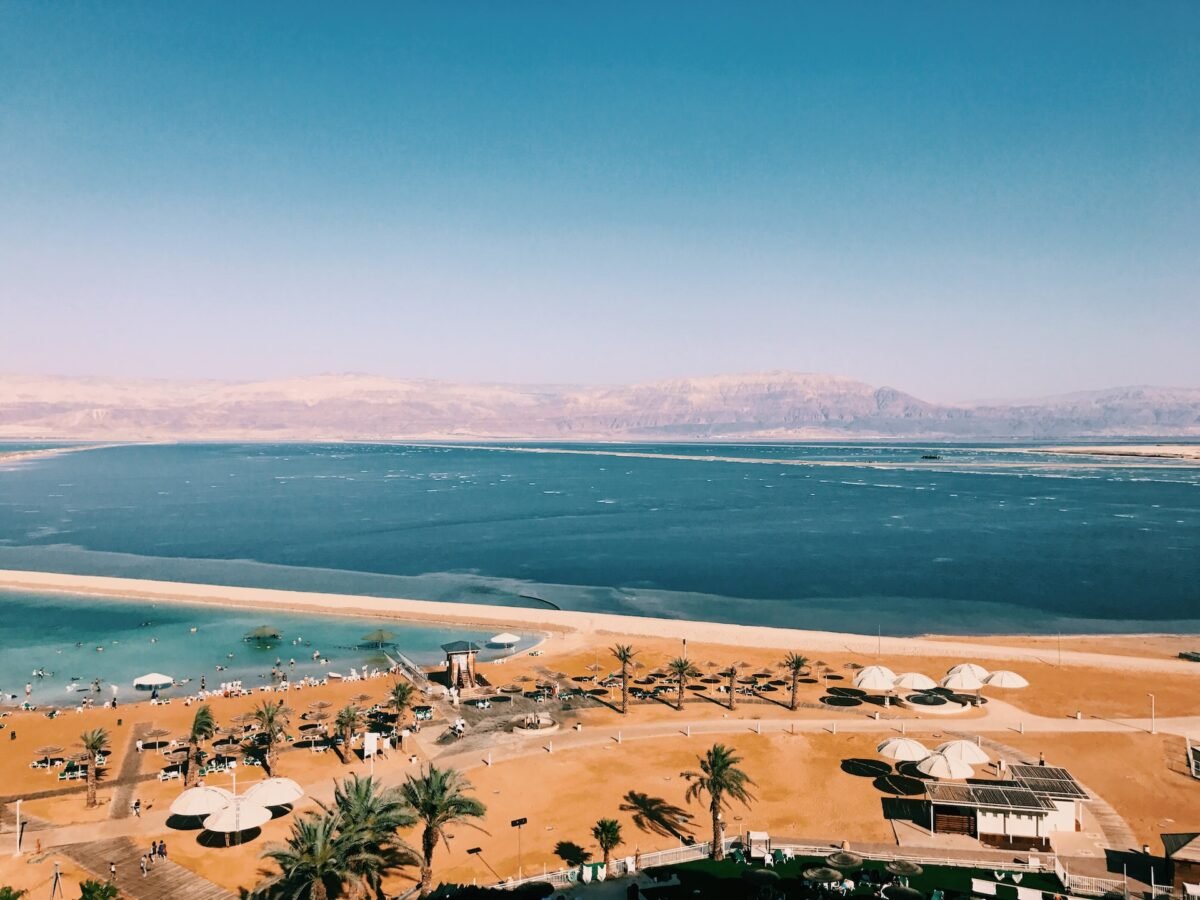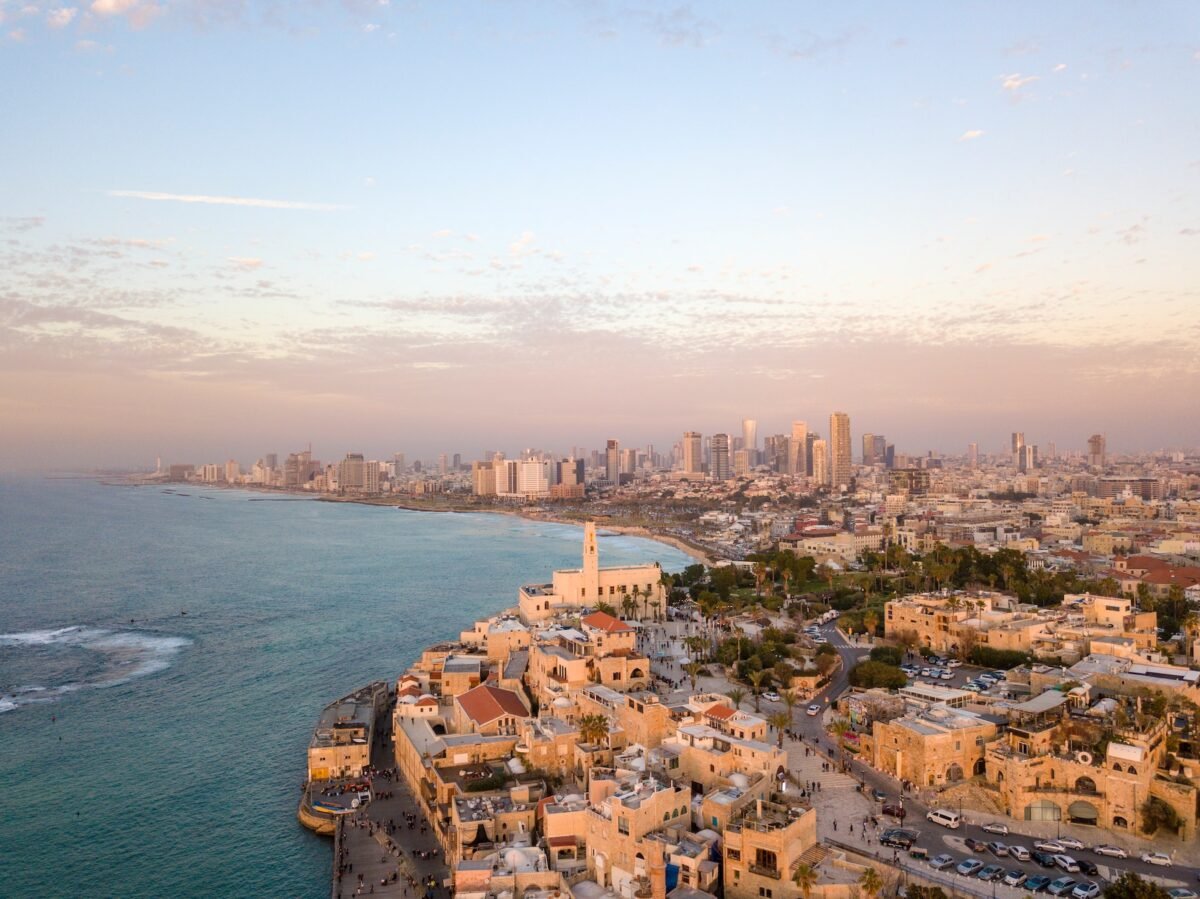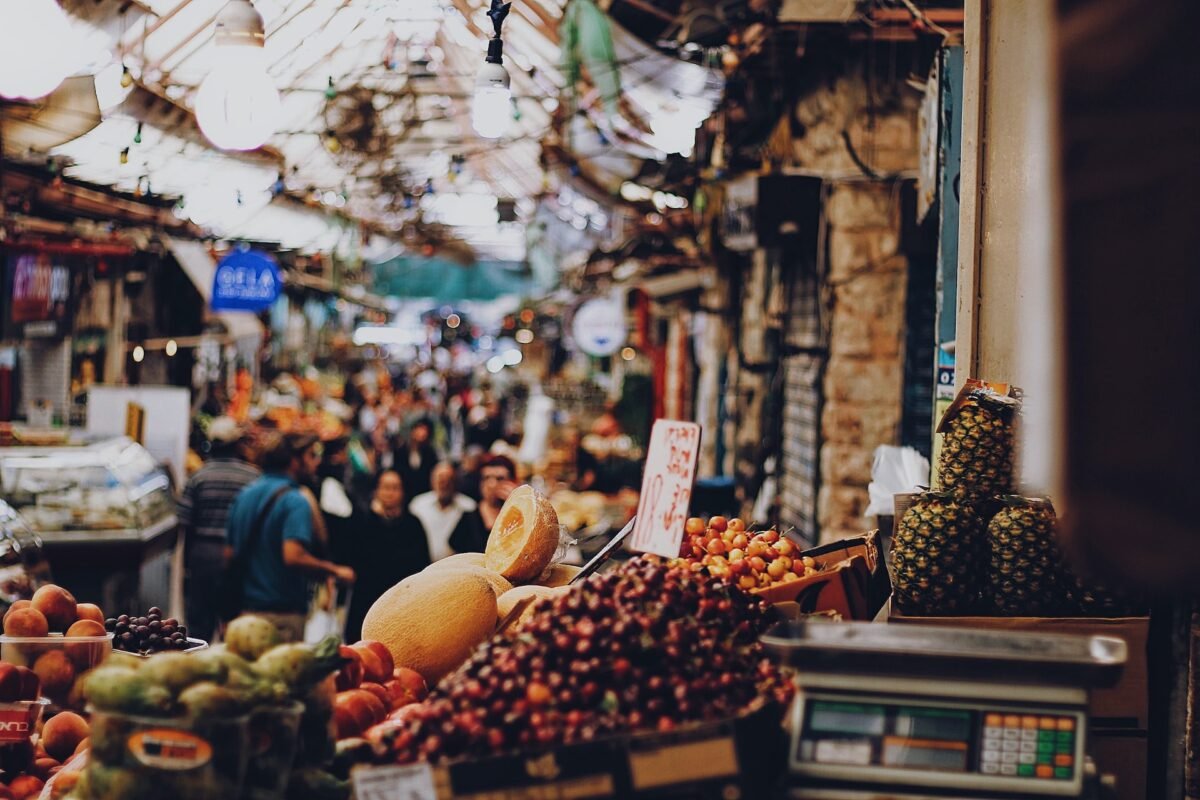When you visit Israel depends on what you’re after, travel-wise. Here we explore some popular times to visit Israel, exploring the pros and cons of each according to weather, activities, and holidays.
Summer Season: June – September

If you are a beachy bum, who loves nothing more than sojourning in the hot summer sun, summer in Israel is a must. The beaches and towns are buzzing with locals and travelers alike, making it a great time for those who enjoy the bustle. Summer is also the best time for those with a penchant for nightlife, with many bars and clubs open till the wee hours.
From July to August, Tel Aviv can reach high temperatures up to 32 degrees, so if you’re averse to really high temperatures but still want to enjoy summer, it’s best to visit in June when temperatures are around 27 degrees.

Top activities and events in summer:
• Jerusalem wine festival (End of July)
• Revel in the hot springs at The Valley of Springs
• Scuba diving and snorkeling in the Red Sea, Coral Beach Nature Reserve, or Dolphin Reef
• Catch a boat ride on one of the largest freshwater lakes in Israel, the Sea of Galilee (known as Kinneret).
• Escape the heat and visit some of the top museums, including the Israel Museum and the Tel Aviv Museum of Art
• Tel Aviv Gay Pride (June)
Pros: Loads of activities and events on the go, perfect beach and diving weather, and all attractions open for business.
Cons: Peak time, so things are pricier and booked up ahead of time.
Top tips: Wear a LOT of sun protection, keep hydrated, and book flights and accommodation well in advance.
The Shoulder Season: Spring (April to May) and Fall (October to November)

The shoulder seasons occur during spring and fall and offer travelers milder temperatures, perfect for touring the country without the scorching heat. There are also fewer tourists at this time (apart from the holidays of Passover in April. Rosh Hashana in mid-September, and Yom Kippur in late September), meaning that things are a little quieter than they are during the vibey summer season.
Springtime is particularly stunning in Israel, and visitors will delight in gorgeous blooming flowers on the hillsides, fruit-picking opportunities galore, and perfect picnic weather. The Hula Valley is also a must at this time. Visitors can witness thousands of migrating birds passing through the valley and many indigenous residents, including pelicans, cranes, storks, and egrets. The area also houses a stunning array of rare aquatic plants, such as the white waterlily, yellow flag, and paper reed.

Shoulder seasons are perfect for hiking the Israel national trail and other trails and enjoying some of the best attractions like Bethlehem, Timna Park, and the Masada Ruins. Spring and fall are also great times to explore neighboring countries, including Jordan and Egypt.
Top activities and events during the shoulder seasons:
• Red Sea Jazz Festival (November)
• Exploring ancient cities and ruins
• Taste of the Galilee Food Festival (September – October)
• Hiking trails, including Ben Shemen Forest, Red Canyon Hike, Arugot Stream Hike, and Masada Hike.
• Hula Valley
Pros: Cooler weather, fewer tourists, perfect for hiking, biking, and exploring on foot centuries-old ruins and towns on foot
Cons: Some busier holy holidays, so book in advance if you’re traveling in April or September
Winter season: December – February

The weather in Israel can fluctuate quite heavily over winter, with January experiencing high rainfall. Temperatures vary according to region but usually range between 10 – 15 degrees Celsius in most areas. The Galilee Hills and Jerusalem can get as cold as 5 degrees Celsius, especially at night. Some parts of the country even see snow.
Winter isn’t the best time to hit the beaches; however, the cooler weather can lend itself to exploring on dry days. Nonetheless, with the unpredictability of the rain, you’ll want to pack an umbrella and have a relatively flexible itinerary.
Winter is probably not the best time to visit Israel. While you’ll contend with fewer crowds and might even get some great deals, some of the top attractions might be closed, and the rain might dampen your plans.
Top events during winter
• A-Sham – Arab Food Festival of Haifa (December)
• Israeli Arbor Day (Tu b’Shevat) (January)
Pros: Low season, so there are great discounts and deals around.
Cons: Some attractions might be closed over the winter months, and the weather can be a little unpredictable when it comes to rain.

The Best Time to Visit is…
While deciding when to visit Israel is a hugely personal decision and will depend largely on your preferences, the best time to visit, in my books, is shoulder season, in the spring or fall. The weather is perfect for exploring ancient towns and holy sites, yet warm enough to picnic, hike outside, or visit the beach. Since it’s not the height of peak season, prices may also be a little lower during these months.
The Takeaway
Israel has so much to offer visitors. As a site of incredible holy reverence and history, it’s on the map for many pilgrims, historians, and tourists alike. It also has an electric nightlife and food scene and some stunning beaches, making it a great location for all types of travelers. When you visit Israel depends on your schedule, budget, and preferences. However, if you want to get the best of everything, I’d say consider shoulder season! Have you been to Israel? If so, we would love to hear about your experiences.














